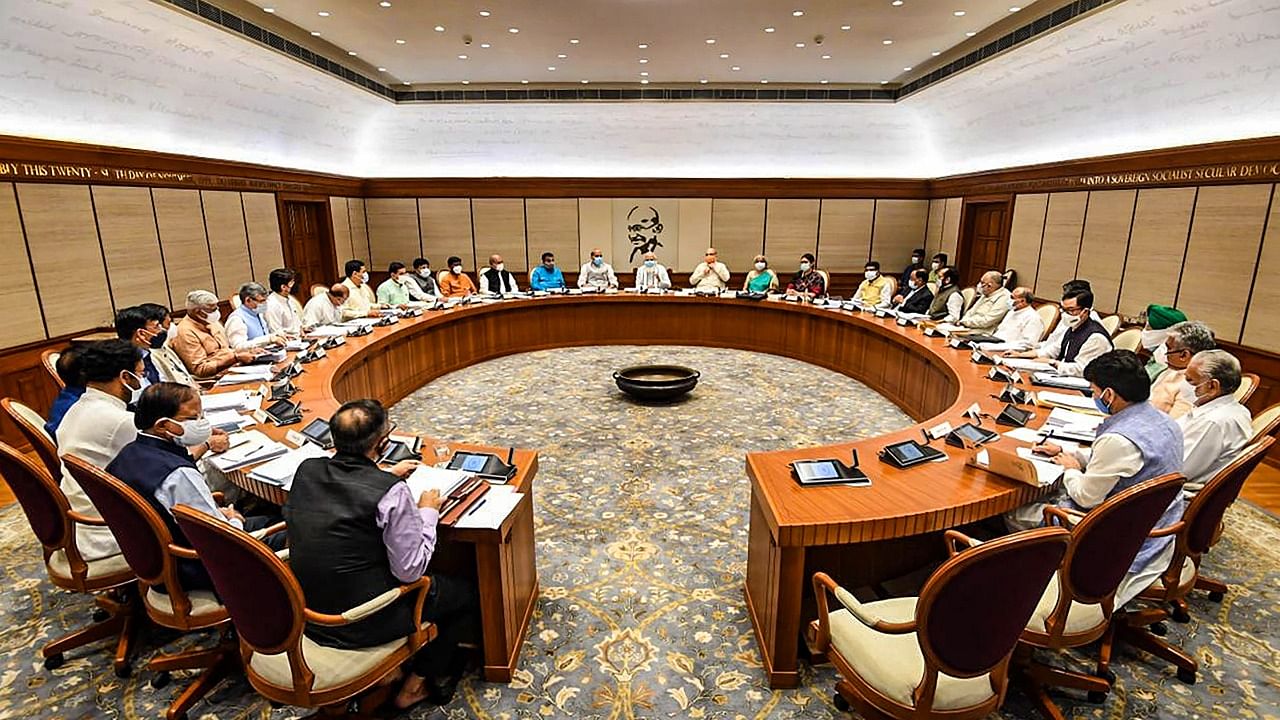
The government is expected to introduce a bill to restore the power of the state governments to make their own lists of other backward classes, forcing the opposition to break the three-week logjam of Parliament.
The Union Cabinet on Wednesday is understood to have approved a Constitution Amendment Bill that seeks to give powers to the state governments and union territories to make their own OBC lists.
The government move comes after the furore by political parties when the Supreme Court held the Constitution (102 Amendment) Act took away the states' power to declare Socially and Educationally Backward Classes (SEBC) for grant of quota in jobs and admissions.
The main opposition Congress had last week said that it would set aside protests on issues such as Pegasus revelations, farmers issues and price rise to support the Modi government in Parliament if it brought a bill to restore the states' rights to decide OBC lists.
Parliament's Monsoon Session has witnessed relentless protests by a largely united opposition which has been demanding discussion on revelations of alleged snooping, the farmers' issues and price rise, which has prompted the government to push its legislative agenda amid din.
The Constitution (102nd Amendment) Act of 2018 inserted Articles 338B, which deals with the structure, duties and powers of the National Commission for Backward Classes, while 342A deals with powers of the President to notify a particular caste as SEBC and power of Parliament to change the list.
Opposition parties had cautioned the government that the amendment would snatch the power of the states to identify and list the other backward classes (OBCs).
The government had gone ahead with the amendments after assuring the House that it did not intend to take away the states' rights.
On May 5, a five-judge Constitution bench headed by Justice Ashok Bhushan had unanimously set aside Maharashtra law granting quota to Marathas and had refused to refer the 1992 Mandal verdict putting a cap of 50% on reservation to a larger bench.
The apex court, through a majority verdict on the interpretation of Articles 338B and 342A, ruled that states do not have the power to identify SEBCs.
The Court had dismissed the Centre's plea seeking review of the May 5 order, which prompted the government to bring a new Bill.
